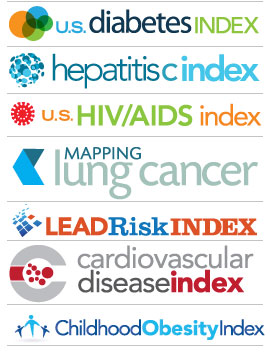Proposal for a Clinical Trials Regulation – Questions and answers
Clinical Trial News Wednesday, July 25th, 2012Europa.eu: July 17, 2012
What are clinical trials?
Clinical trials are a vital step in the development of new and safe medicines and in improving medical treatment.
Human volunteers are enrolled in a clinical trial for the following reasons: to test the safety and effectiveness of new medicines, to test new indications for existing medicines or to compare two standard treatments.
The data generated in clinical trials are published in medical journals. These data can be used by companies applying for marketing authorisations. Published data also add to the knowledge base upon which medical professionals can base their decisions. For example, based on published data of a clinical trial, a doctor may prescribe a patient medicine shown to be more effective or have fewer side effects than the one currently taken.
Who conducts clinical trials?
Clinical trials are mainly conducted by the pharmaceutical industry in order to generate data on the safety and efficacy of medicinal products they are developing. There is however an increasing interest by non-industry actors with approximately 40% of clinical trials in the EU being conducted by academics, foundations, hospitals, or research-networks (often referred to as ‘non-commercial sponsors’). Usually, these actors conduct clinical trials in order to improve and compare treatments with existing (authorised) medicines. Read more

